Education
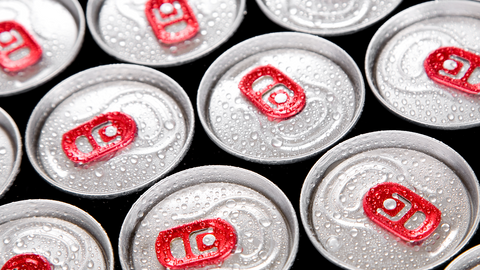
If you think energy drinks are harmless, think again. According to Dr. John Higgins from the University of Texas Medical School, experts are beginning to weigh in on the safety of energy drinks. The results aren't good. In an interview with CNN, he made the following statement:

The more health-conscious you are, the more challenging it can be around the holidays. If you’re someone who’s used to having a strict routine, then the end of December can be physically and even emotionally stressful. One of the biggest obstacles to overcome is the challenge of eating healthy while traveling. However, if that describes you, then you are in luck. There are many practical, simple steps you can take to maintain (or at least mostly maintain) your diet while heading into the Christmas season.

At some point, you've probably been asked this: "What would you eat if you could only have one thing on a desert island?" It's a silly game, but it poses an interesting question. Is there one food that's better than all the others? It's tough to say for sure, but we do know that eggs are one of the most complete foods on earth. Why are eggs good for you? Just one egg contains an enormous amount of vital nutrients and minerals that are key to your health. Not only that, eggs contain powerful fuel for your body and have a host of health benefits. Today we examine 6 reasons why eggs are the best. Scroll down to learn just some of the ways eggs can benefit you and your body.
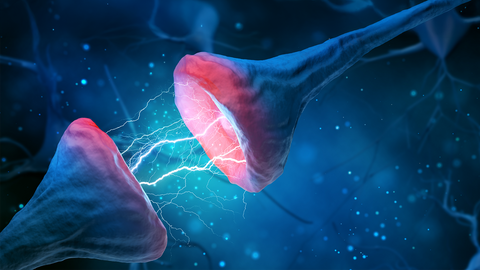
You hear the word 'neurotransmitter' thrown around all the time in the health industry, but it's not always clear what they are or why they matter. Today we want to take a deeper look at how neurotransmitters function--what they do for you, and why you need them for your body to perform optimally. Scroll down to read more about neurotransmitters and how they could be affecting the way you think and feel.
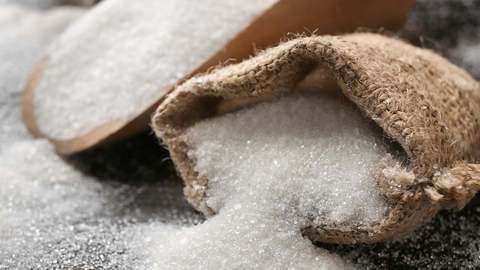
The brain is an energy demanding organ that is fueled by glucose. Have you ever wondered how brain function is impacted by excessive sugars from the standard American diet?
Excessive sugar can impair our cognitive function, mood and even our self-control. Sugar can also have an addition-like effect on the brain, impacting our ability to control what and how much we eat. This can result in unhealthy weight gain and loss of energy. Keep reading for more information on the impacts of excess sugar plus 7 helpful tips to detox and cleanse your system.

Caffeine is for many people a constant morning companion, and a lot of us couldn’t imagine life without it. But is it healthy? Over the years, news reports seem to conflict on whether or not caffeine is a good or bad thing. To put the matter to rest, we rounded up the definitive scientific research on the matter. In this article, we review the benefits, potential negatives, and some of the most frequently asked questions about America’s favorite stimulant.
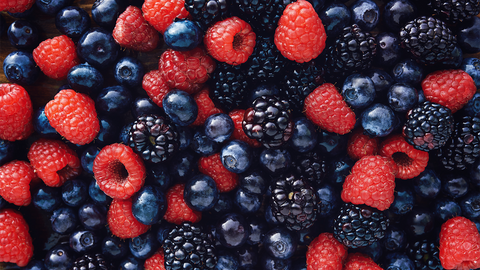
It seems these days that we see the word 'antioxidant' everywhere, especially when it comes to food advertising. More and more brands are labelling their products 'antioxidant-rich,' as though that were universally understood. The funny thing is that unless we have a background in medicine or nutrition, we may only vaguely understand that antioxidants are a good thing. So the question remains: what's behind the antioxidant hype? As it turns out, antioxidants really are a big deal, and having enough of them can be critical for our health. The reason for this is because antioxidants protect us from a chemical process that is at the root of many health issues. On the flip side, getting enough antioxidants can help us stay looking good and feeling good. Today we take a close look at antioxidants--what they are, why they matter, and some practical ways that you can get enough of them in your diet.

If you’ve ever experienced a ‘sugar high,’ or eaten ‘comfort food,’ you know full well how much food can alter your emotional state. In fact, it’s the emotional component that makes us love food—and in some cases get addicted to it.
What’s interesting, however, is that many times foods can affect our mood in ways we don’t realize. There exists a complex network between the gut and the brain, and what we eat can literally become fuel for our emotions—for better or worse.
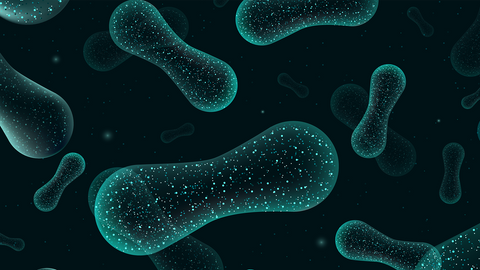
Does your head feel foggy? Do you wake up inexplicably tired? Do you struggle with mood imbalance for seemingly no real reason? The root cause may be in a place you'd never think to look: the gut. You might be thinking, "Isn't all of this a brain issue?" It certainly is, but scientists are becoming more and more convinced that there is an incredibly complex connection between your gut and your brain. In other words, if something is off with your gut health, it can actually affect how well your brain functions.
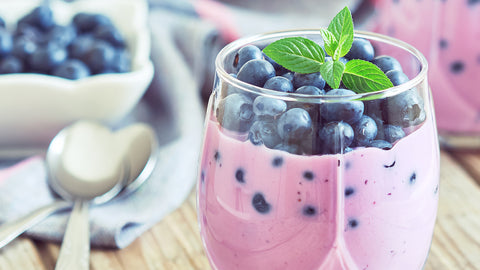
Many people know that probiotics are good, but few actually know what they are and why we need them. Today, we'll take a quick look at probiotics, the sources where you can get them, and some of the most common signs that you need a probiotic.

If you’re struggling with cognitive issues, your first instinct is probably not to think about your gut health. However, as more scientific research unfolds, experts are finding that your digestion could play a major role in determining how well your brain functions.
Scientists refer to this as the “gut-brain” connection, or “gut-brain axis.” While this a cutting-edge area of study, the research coming forward shows a connection between the two that is more complex and amazing than we ever realized. In this brief article, we’ll look at how the two are connected and what you can do to maintain your gut health for optimal brain function.
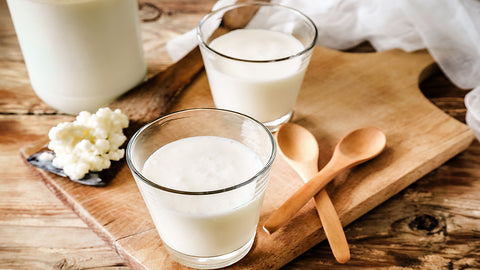
If you’re a newbie to the subject of probiotics, you may be wondering where to start. Visiting the probiotic section of a health food store can be a daunting task, and you will likely find an entire wall (and cooler) full of different options. Often we hear about probiotics as though it were one type of bacteria. In reality, there are myriads of bacterial strains, and telling them apart can be a challenge. What’s more, some types of probiotic strains can be more or less beneficial for certain people.



